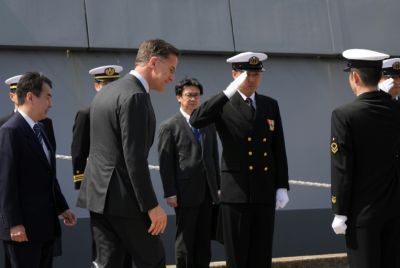UN Picks Australia as the Global Body’s Sanctions Committee Chief
Australia is fast gaining the confidence of the international community, a reality signalled by its recent appointment as chair of the United Nations sanctions committee, Foreign Minister Bob Carr said on Monday.
The prestigious role, according to Mr Carr, tasks Canberra for a full 12-month duty of presiding over "the international sanctions regimes against al-Qaeda, the Taliban and Iran."
This fresh vote of confidence given to the country proves that UN members regard with trust and respect Australia's anti-terror stance and agenda, the foreign minister added.
"They're prepared to trust Australia with some very big diplomatic tasks . . . It's good for our country's prestige . . . This boosts Australia's standing," Mr Carr told Fairfax on Monday.
In a separate interview with ABC, Mr Carr characterised Australia's new UN responsibility as a vote of confidence coming from its peers in the global body.
"It shows that the Security Council, including particularly its five permanent members, have got a fair bit of confidence in Australia's diplomatic pull, and in particular in the area of anti-terrorism,"Mr Carr told ABC.
"Our role is to monitor international compliance with sanctions regimes and report back to the UN Security Council on apparent breaches," he added.
In line with its heighted role in the frontline concerns that occupy the UN's international security priorities, Australia will work double-time for the possible UN adoption of the global arms trade treaty this year, Mr Carr said.
If approved, this treaty "would improve the efficiency of UN sanctions by reducing the flow of conventional weapons to terrorists."
With too many arms and ammunitions circulating in global theatres of conflicts, it's hardly surprising that thousands of violent deaths occur each day on the account of these deadly war material, Mr Carr said.
"The world is awash with them . . . There are millions of them being traded and being used," the top Australian diplomat was reported by the Australian Associated Press (AAP) as saying.




















